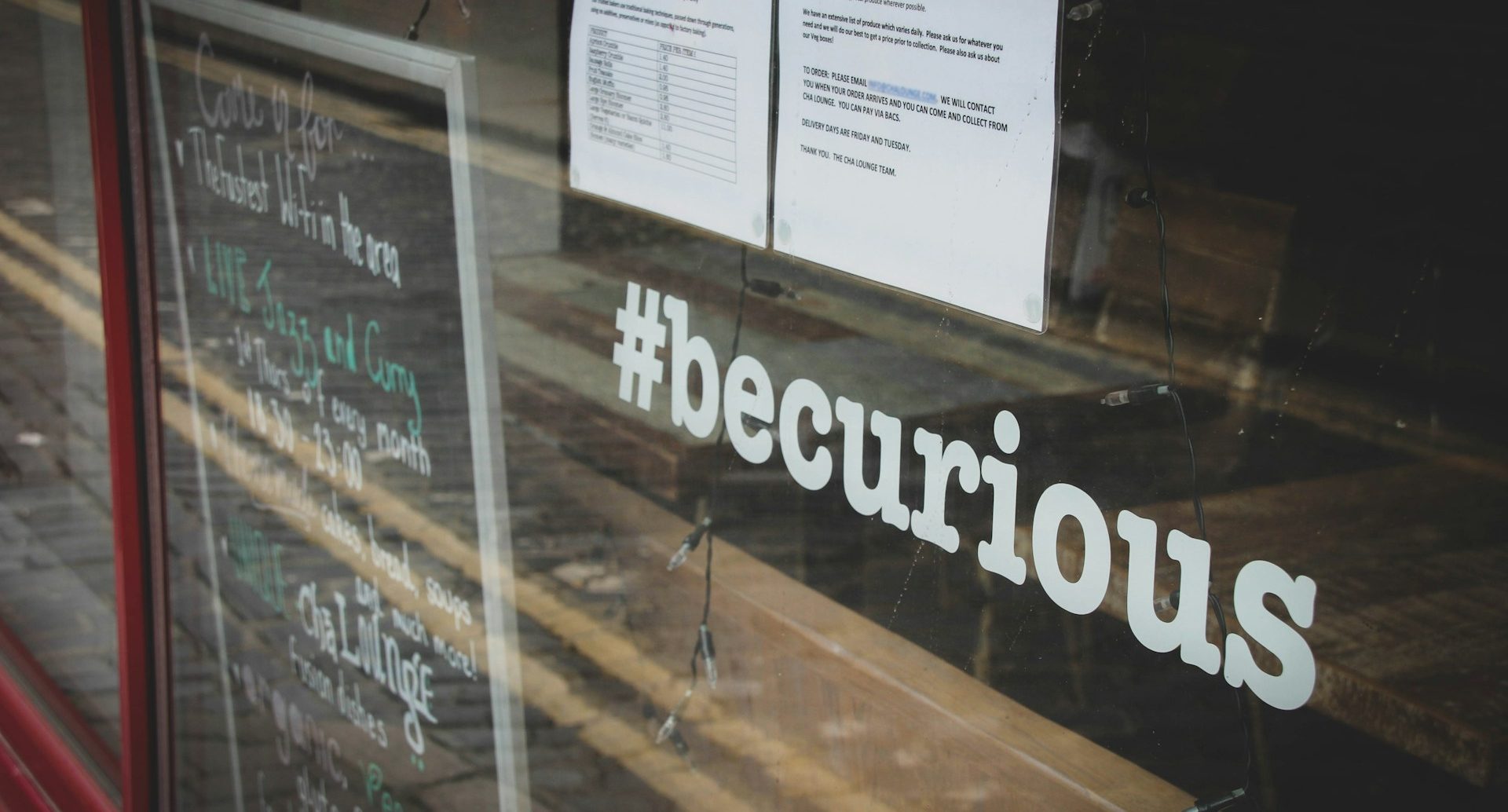Curiosity isn’t just a personality trait — it’s your secret weapon for connection. When you lead with genuine curiosity, people open up, assumptions dissolve, and conversations become deeper, richer, and more impactful.
In both our personal and professional lives, curiosity can transform how we listen, speak, and relate. Here are six ways to use it as a superpower in every conversation.

1. Embrace the Beginner’s Mind
Rooted in Zen Buddhism, the “beginner’s mind” is about approaching each conversation as if it’s brand new, even when the topic feels familiar. When we set aside assumptions and certainty, we make space for fresh insights and unexpected understanding.
Try this:
Instead of “I already know this,” try “What might I discover that I haven’t considered before?”
Prompt: What’s something you think you know well, but could revisit with fresh eyes today?
2. Master the Art of Open-Ended Questions
The quality of your questions shapes the quality of your conversations. Open-ended questions invite discovery, nuance, and insight. Closed questions? They usually confirm what we already think.
Closed: “Did the client like the proposal?”
Open: “What was the client’s response to the proposal?”
Bonus tip: It’s not just what you ask but how you ask it. Use a warm, neutral tone to encourage genuine responses.
3. Listen With Your Whole Being
Authentic listening means more than just hearing words. It means setting distractions aside, being fully present, and letting what’s said actually land before you respond.
In practice:
Set your phone down. Make eye contact. Stay still. Let go of your internal commentary.
Listen not just to reply, but to understand.
Key shift: Let the speaker’s words shape your next question, not your next rebuttal.
4. Practice “Tell Me More” Pauses
When someone shares something vulnerable, exciting, or challenging, we often rush in with a fix, a story, or advice. Instead, try pausing and simply saying:
“Tell me more about that.”
This phrase invites depth. It signals interest. It turns a surface conversation into a meaningful one.
Example:
When a colleague says, “This project has been tough,” try:
“Tell me more—what’s made it challenging?”
That moment of space can open a door you didn’t know was there.
5. Collect Questions, Not Just Answers
Train yourself to walk away from conversations with more wonder, not just more facts. Keep a running list—mental or written—of questions sparked by your interactions.
Try asking yourself afterward:
- “What’s driving their passion for this?”
- “What shaped their point of view?”
- “What’s underneath what they just said?”
Mindset shift: Instead of thinking, “Now I know,” ask, “What else might be going on here?”
6. Challenge Your Assumptions Daily
We all operate with mental shortcuts. But curiosity thrives when we slow down and examine our assumptions.
Daily practice:
Pick one thing you believe about people, work, or yourself, and ask:
- “Why do I believe this?”
- “What if the opposite were true?”
In conversation:
When you catch yourself thinking, “I know exactly what they mean,” pause. Ask a clarifying question. You might be surprised.
Why This Matters
Curiosity isn’t just a communication tool — it’s a mindset. It builds trust, unlocks creativity, and creates the kind of psychological safety where real breakthroughs happen.
It makes you a better listener. A better collaborator. A better human.
Your Turn
What’s one curiosity habit that’s changed the way you communicate?
Or one question that always leads to a better conversation?
Drop it in the comments — I’d love to hear.
Laurie Brown, CSP, is a globally recognized communication expert with over 30 years of experience as a trainer, coach, and speaker. She specializes in helping professionals enhance their presentation, communication, and customer service skills. Laurie has worked with diverse audiences across four continents, partnering with Fortune 500 companies, government agencies, and small businesses. Her clients include Google, Ford, KPMG, and Salesforce. Known for her engaging and results-driven approach, Laurie is the author of several books and has been named one of the Top 30 Global Communication Gurus.




Leave a Reply
You must be logged in to post a comment.